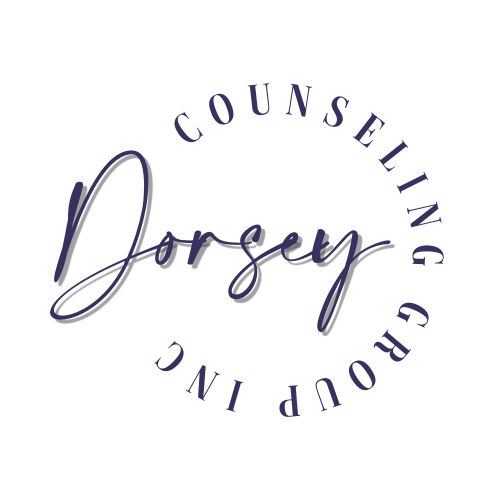What Happens In Therapy?
Individual counseling (often called psychotherapy or talk therapy) is a one-on-one discussion between the counselor, a trained mental health clinician, and the client, the person seeking treatment. The two form an alliance, relationship and/or bond that enables trust and personal growth.
Through this discussion, individuals use this safe, caring, and confidential environment to:
Explore their feelings, beliefs, and behaviors
Work through challenging or influential memories
Identify aspects of their lives that they would like to change
Better understand themselves and others
Set personal goals
Work toward desired change
Individual counseling can help people overcome obstacles to their well-being.
Topics that are usually addressed include, but are not limited to:
Anxiety
Anger/Impulse Control
Chronic Pain
Communication Issues
Depression
Family Conflict
Grief/Loss
Parenting Skills
Relationship Issues
Self-harming Behaviors
Past-Trauma
Work-Related Issues
Questions about Individual Therapy
-
Not at all. People who ask for help know when they need it and have the ability to reach out. Everyone needs help now and then. You already have some strengths that you’ve used before, that for whatever reason isn’t working right now. Perhaps this problem feels overwhelming and is making it difficult to access your past strengths. In our work together, We’ll help you identify what those strengths are and how to implement them again in what is happening now.
-
The difference is between someone who can do something, and someone who has the training and experience to do that same thing professionally. A mental health professional can help you approach your situation in a new way– teach you new skills, gain different perspectives, listen to you without judgment or expectations, and help you listen to yourself. Furthermore, therapy is completely confidential. You won’t have to worry about others “knowing your business.” Lastly, if you’ve been confiding in a friend or family member, there is the risk that you may start avoiding that person so you aren’t reminded of this difficult time in your life.
-
Medication alone cannot solve all issues. What medication does is treat the symptoms. Our work together is designed to explore the root of the issue, dig deep into your behavior and teach strategies that can help you accomplish your personal and/or relational goals.
Medication can be effective and is sometimes needed in conjunction with therapy.
-
Because each person has different issues and goals for therapy, therapy will be different depending on the individual. I tailor my therapeutic approach to your specific needs.
-
Unfortunately, this is not possible to say in a general FAQs page. Everyone’s circumstances are unique to them and the length of time therapy can take to allow you to accomplish your goals depends on your desire for personal development, your commitment, and the factors that are driving you to seek therapy in the first place.
-
I am so glad you are dedicated to getting the most out of your sessions. Your active participation and dedication is crucial to your success. After all, we only see each other for a session a week. It’s the work you do outside of our sessions that will really help you see your personal growth and development.
-
If you are concerned about your relationship, and you would both like to work with me, I would initially work with both of you together. After this work, if one of you would like to continue in individual sessions, I could work with only one of you. It is not helpful to move from individual into couple’s work with the same therapist because of potential trust issues. Please click HERE to learn more about our couples counseling services.


